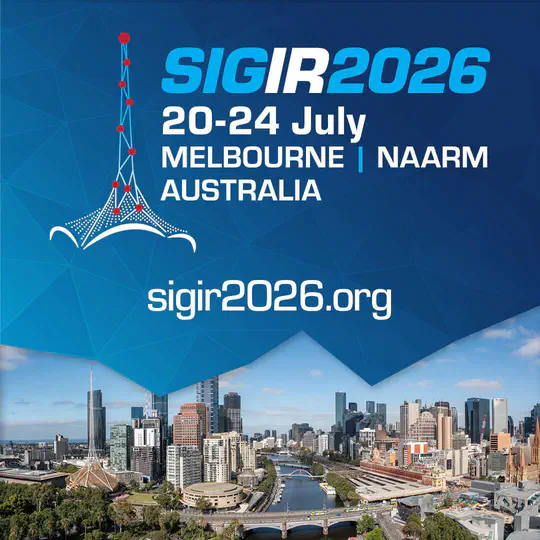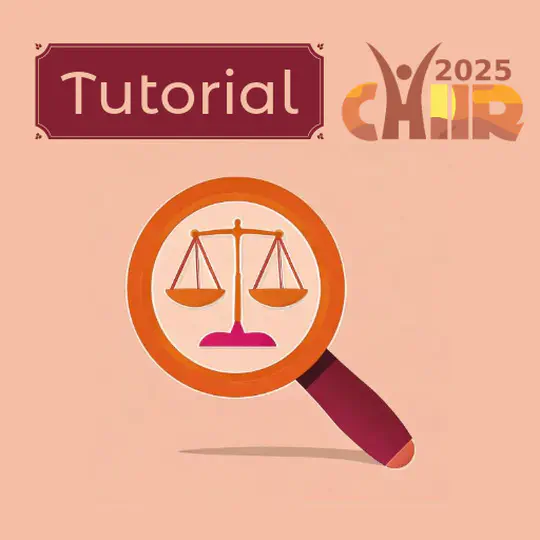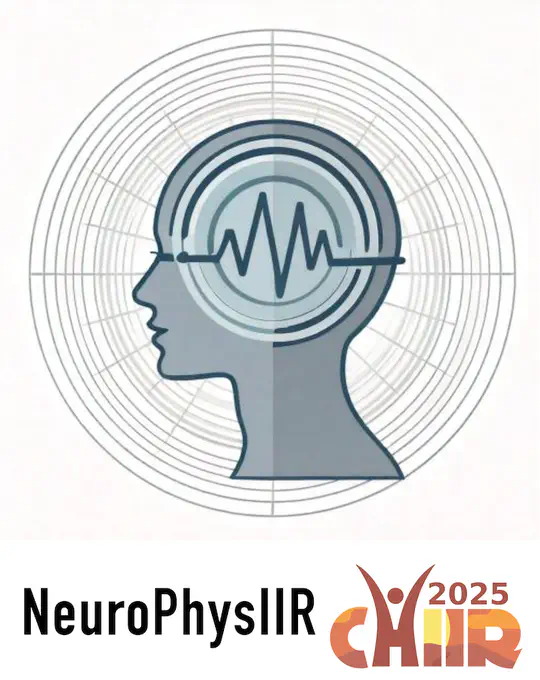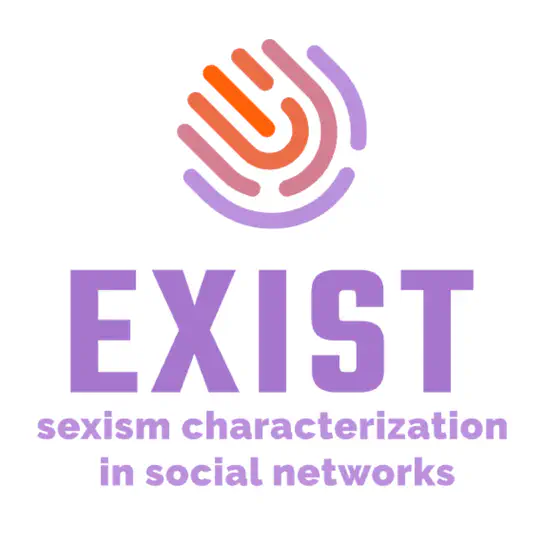About Me
Womin djeka! This is my personal – not an official RMIT – website. I’m a Senior Lecturer at RMIT University (School of Computing Technologies), an Associate Investigator at the ARC Centre of Excellence for Automated Decision-Making and Society, Executive Member of the STEM Leading Research Centre for Human-AI Information Environments (CHAI), RMIT Research Leader at the Australian Internet Observatory, and a member of the International Panel on the Information Environment, and an ACM Distinguished Speaker. I was the recipient of an ARC Discovering Early-Career Research Award (DECRA).
My main research interests are Information Retrieval (IR), Artificial Intelligence (AI), and Data Science. I currently work on interactive information retrieval, evaluation of information access system – including Retrieval-Augmented Generation (RAG) – and responsible AI.
In my free time, I teach Capoeira at the Associação de Capoeira Descendente do Pantera (ACDP) – where I am also known as Mestre Camaleão – and play samba with Wombatuque.


- Information Retrieval
- Human-AI Cooperation
- Evaluation Methodologies
- Retrieval-Augmented Generation
PhD in Computer Science, 2014
UNED (Madrid, Spain)
Affiliations
Senior Lecturer, School of Computing Technologies
Associate Investigator, ARC Centre of Excellence for Automated Decision-Making and Society
Enabler Co-Lead (Evaluation & Measurement), RMIT STEM Leading Research Centre for Human-AI Information Environments
RMIT Research Lead, Australian Internet Observatory
Publications
Projects
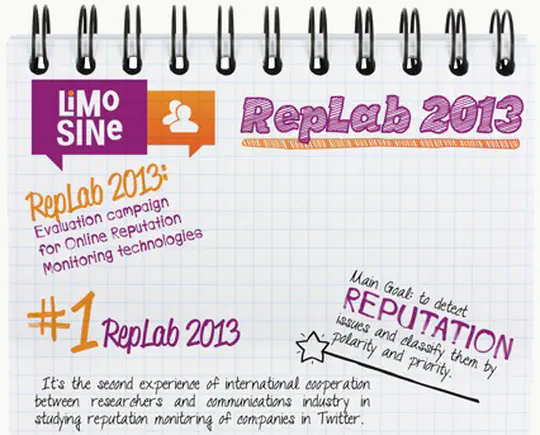
Supervision
Current PhD Students
Co-Supervision of PhD student Shuoqi Sun on Query and Prompt Variability in Non-Traditional Search Interfaces (together with Danula Hettiachchi)
Co-Supervision of PhD student Nethmi Wijesinghe on Trust Perception of News in Social Media (together with Senuri Wijenayake and Danula Hettiachchi)
Co-Supervision of PhD candidate Jiaman He, working on Neurophysiological Approaches to Interactive Information Retrieval (together with Johanne R. Trippas and Dana McKay)
Co-supervision of Phd candidate Fletcher Scott (Psychology, School of Health and Biomedical Sciences) working on Psychological Effects in Misinformation Sharing (together with Lauren L. Saling)
Co-supervision of PhD candidate Devi Mallal (School of Design), working on Human-AI Cooperation for More Accessible Verified Content (together with Maria Nancy Mauro-Flude and Yoko Akama)
Co-supervision of PhD candidate Angel Felipe Magnossão de Paula, working on Sexism and Hate Speech Characterization using Large Language Models (together with Paolo Rosso).
Co-supervision of PhD candidate Kaixin Ji, working on Measuring and Quantifying Bias and Engagement in Interactive Information Access (together with Flora D. Salim, Falk Scholer, and Danula Hettiachchi).
Former PhD Students
Dr. Rahmad Mahendra, Understanding and Reasoning with Numerical Information in the Era of Large Language Models, RMIT University, 2025. Co-supervised with Karin Verspoor and Lawrence Cavedon.
Dr. Sachin Pathiyan Cherumanal, Fairness-Aware Question Answering for Intelligent Assistants, RMIT University, 2025. Co-supervised with Falk Scholer and W. Bruce Croft.
Dr. Ameer Albahem, Evaluating Dynamic Search Systems for Interactive Complex Tasks, RMIT University, 2021. Co-supervised with Lawrence Cavedon and Falk Scholer.
Dr. Johanne R. Trippas, Spoken Conversational Search: Audio-only Interactive Information Retrieval, RMIT University, 2019. Co-supervised with Lawrence Cavedon and Mark Sanderson.
Former Master and Honours Students
Kun Ran, Improving Query Performance with Query Variants, RMIT University, 2025. Co-supervised with Marwah Alaofi and Mark Sanderson. [CHIIR'25]
Tony Smith, How Well Can A Pre-Trained Large Language Model Detect Sexism in Tweets?, RMIT University, 2024. [EXIST'24]
Reham Abdullah Altalhi, Search Results Fairness based on Analytical Hierarchy Process, RMIT University, 2022. [Fair Ranking Track@TREC'22]
Binh Chon Nut Le, Investigating Algorithmic Bias via Crowdsourcing, RMIT University, 2020. [BIAS@ECIR'20]
Xinhuan Duan, Two-Step Classification for Profiling Fake News Spreaders on Twitter, RMIT University, 2020. [PAN-CLEF'20]
Shubhdeep Singh, Spoken DialogWOZ : A Tool to PerformWizard of Oz Experiments in Speech-Only Question Answering Scenarios, RMIT University, 2020.
Assunta Cerone, Watch ’n’ Check: Towards a Social Media Monitoring Tool to Assist Fact-Checking Experts, Politecnico di Torino, 2020. [DSAA'20]
Mazhar Morshed, Missing Attribute Imputation through Clustering in New Item Cold Start Job Recommendation, RMIT University, 2017.
Phanomsinh Homsombath, Applying Phonetic Matching to Spoken Document Retrieval, RMIT University, 2015.
Visitors
- 2023: PhD student Weronika Ławejska (University of Stavanger, Norway)
[SIGIR'24] [SIGIR-AP'24] - 2022-2023: Dr. Jorge Carrillo-de-Albornoz & Dr. Laura Plaza (UNED, Spain)
[EXIST][ECIR'23] [CLEF'23] [ECIR'24] [CLEF'24] [ECIR'25]
Awards
Art
Capoeira ACDP Australia

Capoeira ACDP Australia aims to teach and promote Capoeira. Capoeira is an Afro-Brazilian cultural practice, an art form that involves sport, body expression, music and tradition.
Wombatuque

Wombatuque (pronounced /ˈwɒmbatuːki/), plays Samba de Raiz and traditional Samba from the Recôncavo Baiano, among other folklore influenced by Capoeira. The repertoire includes original tunes, as well as songs by the renowned Fundo de Quintal, Zeca Pagodinho, Dorival Caymmi, Dona Ivone Lara, Clara Nunes, and Paulinho da Viola, among others.
